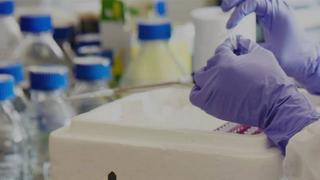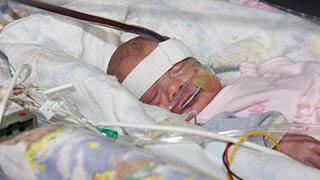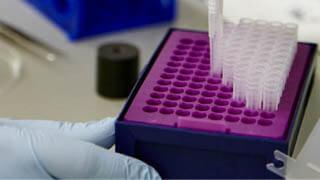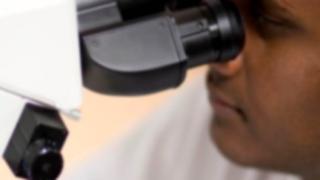NEW RESEARCH

Discovering new ways to prevent spontaneous preterm birth
A major barrier to preventing premature birth is that we do not yet fully understand how the onset of labour is triggered.
Dr Victoria Male and her team, based at Imperial College London, have identified a new kind of immune cell in the lining of the uterus, whose number and activity increases during labour. These cells switch on genes that activate the local immune response and help the waters to break.
With co-funding from Borne, the team now aims to determine whether these cells trigger full-term labour – and whether these cells are also involved in spontaneous preterm labour.
By understanding how these cells are involved, future studies might be able to target them to reduce rates of premature birth.
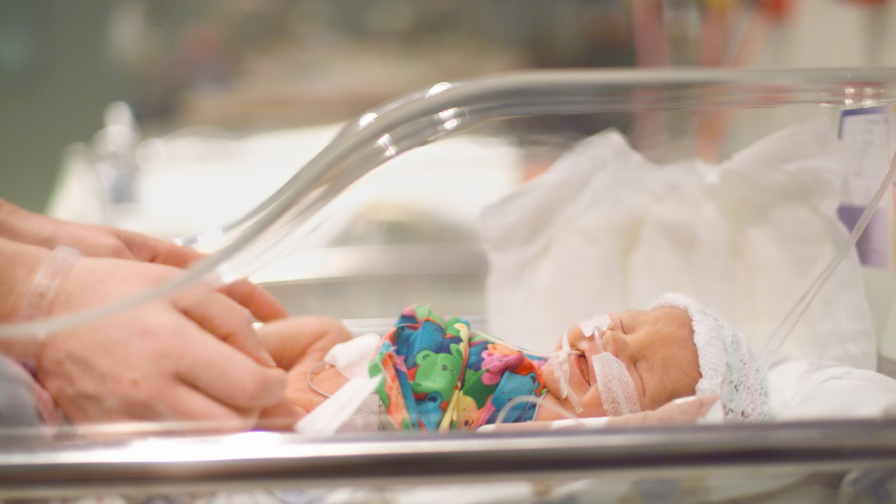
Reducing the risk of infections
Infections are sadly a major cause of death and serious illness in preterm babies. These infections can occur in intensive care due to medical devices that, whilst life-saving, can become coated with microbes that can increase the risk of infections.
Dr Shin Tan aims to reduce the risk of breathing tubes causing life-threatening infections by testing a new antimicrobial polymer coating onto breathing tubes used for ventilation. She hopes this will help prevent life-threatening infections, saving lives and offering a brighter future for preterm babies and their families.
Finding ways to help prevent preterm babies from developing infections could help save lives and reduce the risk of long-term complications.
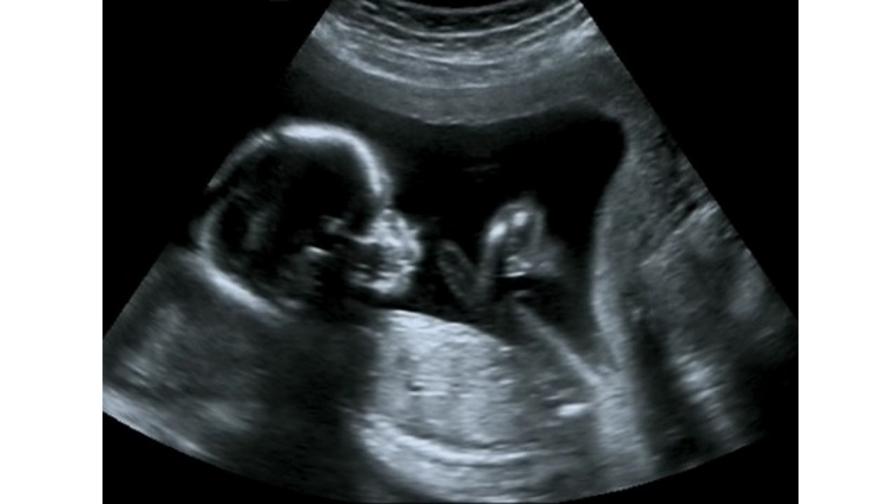
Reducing the risk of preterm birth after previous emergency c-section
One treatment available to women at high risk of preterm birth is to have a stitch placed around their cervix, through the vagina. However, studies suggest this approach does not work well in women who have had previous emergency C-sections.
With co-funding from Borne, Professor Shennan of King’s College London is carrying out a clinical trial to find out whether placing a stitch higher in the cervix through the abdomen can reduce future preterm births. If it does, it could become the recommended treatment for these women in the future.
This could help reduce the number of preterm births in this high-risk group of women, helping to save more babies and their families from the potentially devastating consequences of being born too soon.
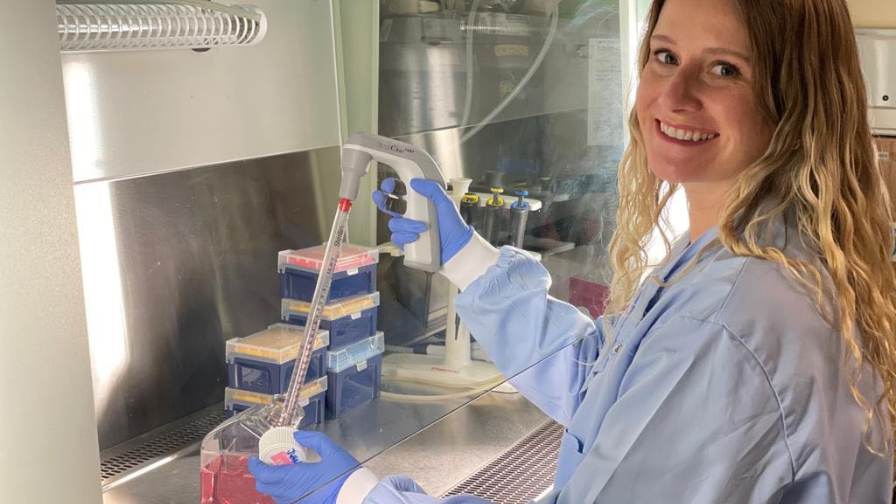
Preventing preterm labour in women at high-risk
Evidence suggests that bacteria can pass into the womb, triggering inflammation and increasing the risk of early labour.
With co-funding from Borne, Dr Ashley Boyle and Professors Simon Waddington and Donald Peebles of University College London are developing an innovative antimicrobial therapy that aims to boost the body’s natural defences against infection.
If successful, this could ultimately lead to a new antimicrobial therapy that can help protect the womb from infection and, in turn, reduce the chances of preterm birth in high-risk women – improving survival and quality of life for their babies.
If our results are encouraging, we hope this will ultimately lead to clinical trials in women at high risk of giving birth too soon.

